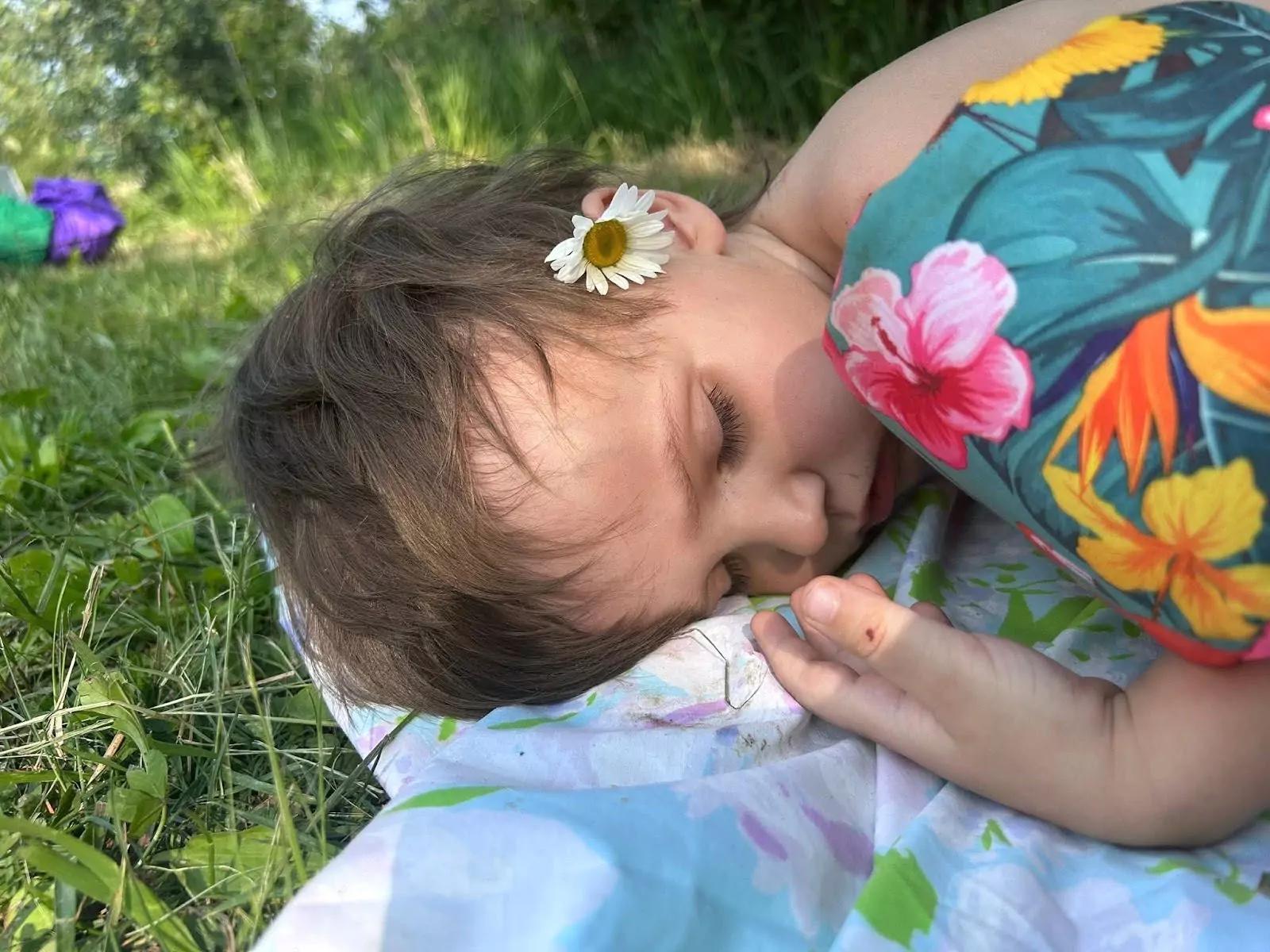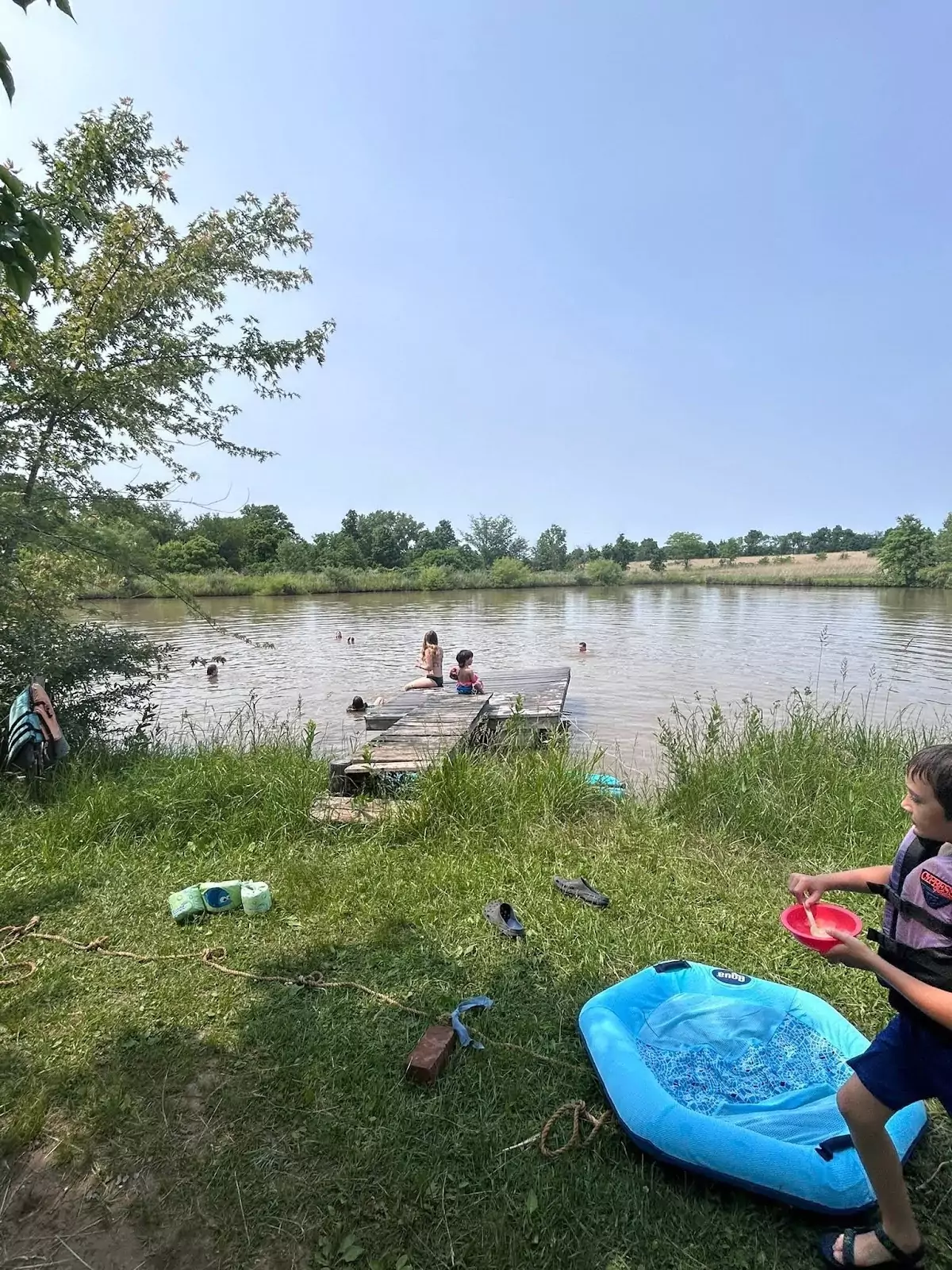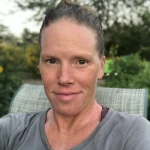I’m a fan of the big questions. Working through the different sides of a community issue while walking on the land, or weeding in the garden, or hanging out with a glass of wine is one of my favorite things to do. I often change my mind, I enjoy making my case, and I rarely find an answer. But it’s still fun to discuss!
Christina here, writing on some of the big DR questions on my mind these days.

What does it really mean to be eco and what sacrifices are we willing to make?
Living in an ecovillage means that this question is always on our minds. But I have recently been digging even deeper into the details. I have been working with Lilith on researching different areas of the Nine Planetary Boundaries to get a better grasp of what matters and what doesn’t when it comes to being eco. So far, we have looked only at radiative forcing, aka greenhouse gases. It’s very satisfying to see what really matters (like regular driving of medium-length distances) and what doesn’t make that big of a difference (like leaving a light on overnight). I want us as a village to make decisions on actual research, not “eco vibes,” but the deeper into the research we get, the more I am seeing just how often the answer is “it depends” and how often the eco choice rubs up against some other value or priority of mine (like eating hamburgers and traveling, eek).
What if I don’t like beans?
My Gen Z daughter is a big fan of the internet joke that refers to a comment on a blog post about bean soup where someone said, “What if I don’t like beans?” I guess I would call this a meme now, and it refers to the ways in which people in this day and age want everything to be uniquely tailored to them. It’s also known as the “what about me” effect. But here’s the thing. I don’t always like beans! And yet the more time I spend researching with Lilith, the more I see that the answer to many questions is “eat more beans.” I am making an effort, but I can’t always pull it off!
How do we get people to keep showing up to do the work?
I often joke that I am going to start wearing a T-shirt that says “Yes, but who will do the work?” We have a lot of big ideas around here: lofty goals, amazing project suggestions, and super cool solutions. But we also have limited hours in the day, limited days in the week, and limited residents and members. We do have some great work exchangers right now, but a lot of the work that really needs to happen around here involves the kind of skills and knowledge that mostly come from experience.
How much energy do we focus on the outside world and how much on village life?
It is very easy for this village to be an all-encompassing project. Tending to the needs of ourselves and our neighbors, keeping our governance smooth and our clean humey buckets flowing can easily take all our time. But there is also a whole world out there, and we want to help make that a better place as well! But what is the best way to effect change while also reserving time and energy for all the other elements of life?

Are agreements (aka rules) a source of security and a way to depend on others, or are they a continuation of power relationships from the outside world?
We have a lot of agreements and norms; too many for some people and not enough for others. As someone who spent a lot of her life following and even enforcing rules that I didn’t really think made sense (giving students a tardy for arriving late to class when they only had a two-minute passing period, for example), I am not a fan of arbitrary rules that are designed to keep people in order. Yet the agreements we have as a community are largely designed to help us take care of one another and our world. If I know that we have an agreement that clean team starts at 9:30, then I can depend on the other members of clean team #1 to be there reasonably close to that time, and I don’t have to go around looking for them. But what is the balance of enough agreements to make things go well and too many agreements to actually track and remember?
How can we avoid the exploitation of capitalism and still pay the bills?
Oof, money. AmIright?? This is a tough one. We all come from a capitalist society and we know how much it chews people up and spits them out. Even conversations around here that seem like they shouldn’t be too fraught can get very emotional very quickly when money is involved. We can use a gift economy and barter and just help each other out without expectations for returns. And yet we can’t just opt out of using money altogether. So how do we create just, non-exploitive systems within a bigger, very much unjust, and exploitive system?
How can we be more inclusive in what is a fairly rugged and challenging environment?
We have uneven paths, many dwellings without running water, and a system for dealing with human waste that involves lifting heavy buckets. This is not a place that works well for many types of people. And yet we want it to be a place where residents and members can grow old, be cared for if they are sick or injured, and where people with disabilities can move around the village and live their lives. How do we make this a village that is as inclusive as possible?
Finish a cupcake or get in the pond?
FOMO can be a real thing around here! There is so much going on, especially in the summer months when our population grows with visitors and work exchangers. For me, this takes the form of what to do with my time. Should I go to game night, go home and read a book, listen to music after potluck, help Mae with cow chores, do yoga, work in the garden? Often what I end up doing is choosing one and then regretting that I’m not doing the other ones all at the same time. It’s a good problem to have, I know.

When I look back at this list, the answer to a lot of these questions seems to be that we need more energy, more hours in the day, and more people to join us.
And yet, getting people to move here and helping to onboard new residents takes energy too! And don’t get me started on the questions around how we decide who is a good match for the village and how we decide who isn’t ready to move here yet.

Christina Lovdal Gil can easily be described as the unofficial cruise director of the village. We owe a lot of the initiating and planning energy for social events to her.
